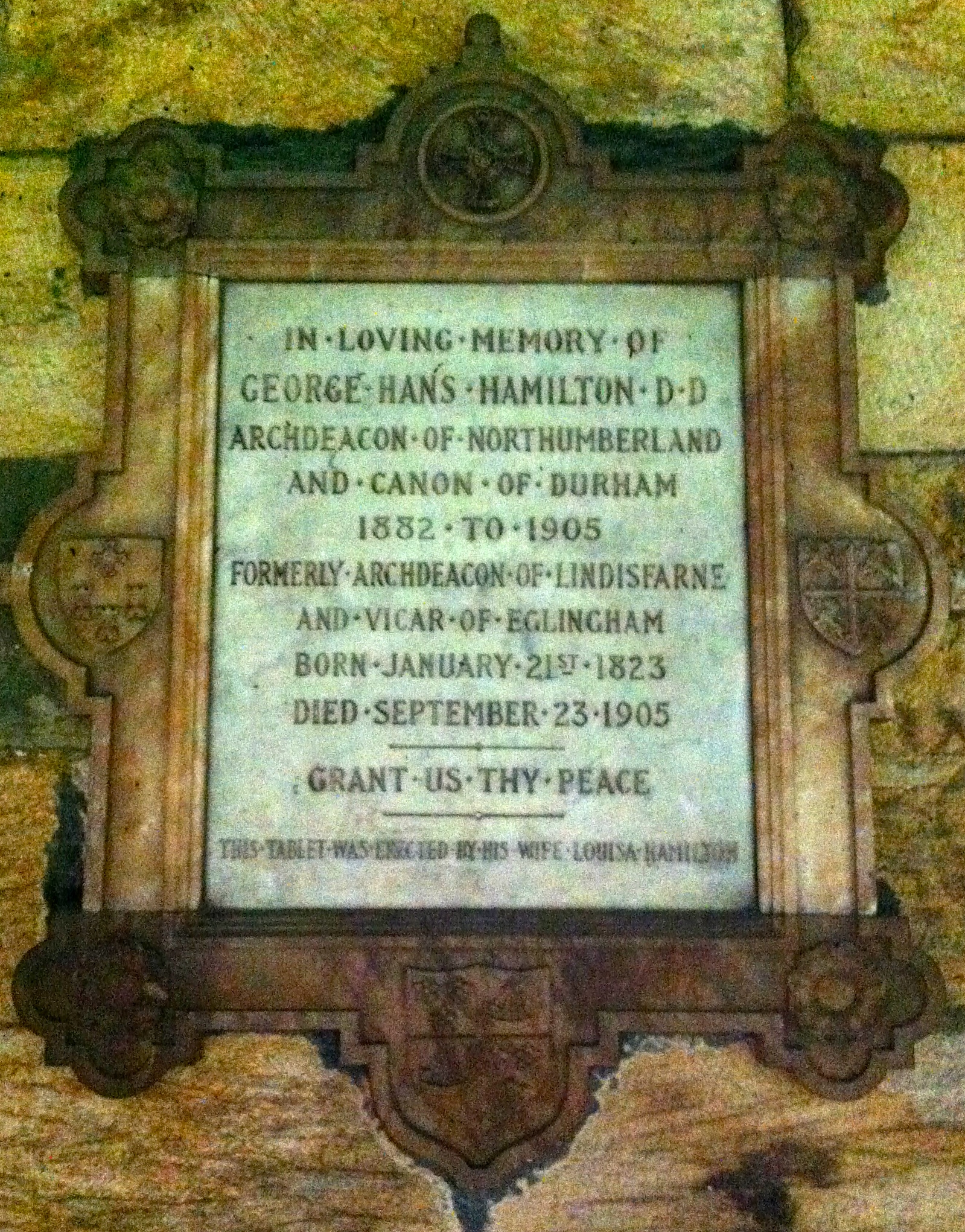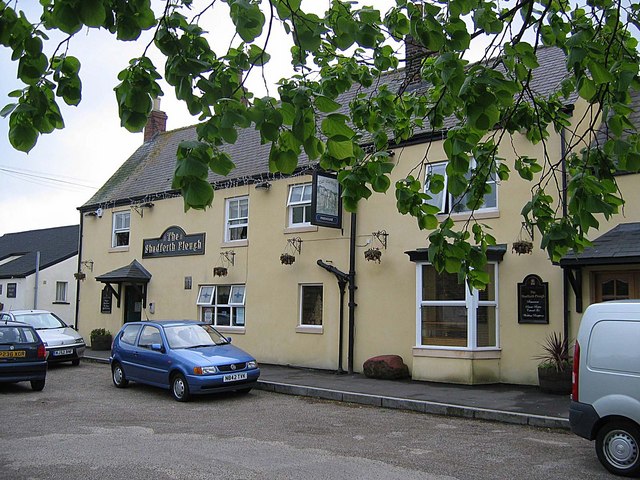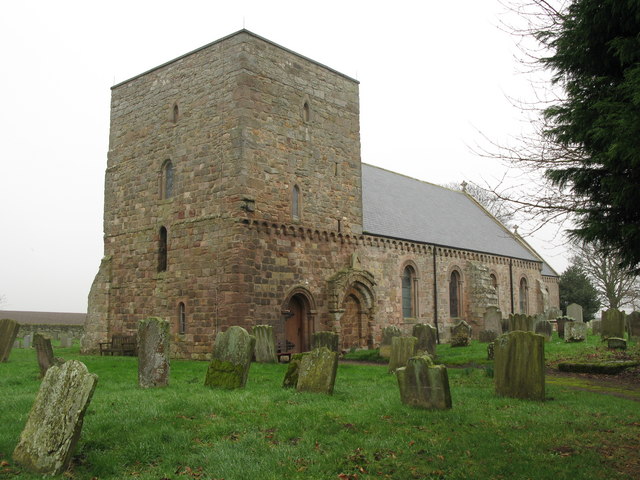|
James Henderson (priest)
James Henderson was Archdeacon of Northumberland from 1905 to 1917. Born into a medical family in Berwick-upon-Tweed in September 1840 Henderson was educated at University College, Durham and ordained in 1863. After curacies in Newcastle and Hurworth-on-Tees he held incumbencies in Ancroft, Shadforth and Wallsend before his Archdeacon’s appointment. Henderson died on 21 April 1935''Obituary'' The Times ''The Times'' is a British daily national newspaper based in London. It began in 1785 under the title ''The Daily Universal Register'', adopting its current name on 1 January 1788. ''The Times'' and its sister paper ''The Sunday Times'' (fou ... (London, England), Monday, Apr 22, 1935; pg. 6; Issue 47044. References 1840 births People from Berwick-upon-Tweed Alumni of University College, Durham Archdeacons of Northumberland 1935 deaths {{York-archdeacon-stub ... [...More Info...] [...Related Items...] OR: [Wikipedia] [Google] [Baidu] |
Archdeacon Of Northumberland
The Archdeacon of Northumberland is a senior ecclesiastical officer within the Diocese of Newcastle. As such she or he is responsible for the disciplinary supervision of the clergy within the geographical area of the archdeaconry. History The first archdeacons in the diocese occur after the Norman Conquest – around the same time the post of archdeacon first started to occur elsewhere in England. There is no evidence of more than one archdeacon in the diocese until the mid-12th century, when two lines of office holders start to appear in sources. The titles "Archdeacon of Durham" and "Archdeacon of Northumberland" are not recorded until later in the century, although it is possible to discern which of the two lines became which post. Here are listed the archdeacons of the junior of two unnamed lines, then all those called Archdeacon of Northumberland. The ancient Archdeaconry of Northumberland was part of the Diocese of Durham until 23 May 1882, when the Diocese of Newcastle was f ... [...More Info...] [...Related Items...] OR: [Wikipedia] [Google] [Baidu] |
Wallsend
Wallsend is a town in North Tyneside, England, at the eastern end of Hadrian's Wall. It has a population of 43,842 and lies east of Newcastle upon Tyne. History Roman Wallsend In Roman times, this was the site of the fort of Segedunum. This fort protected the eastern end of Hadrian's Wall, which did not terminate at the western wall of the fort, but continued from its south-eastern corner down to the shore of the River Tyne. As David Breeze writes, "In the early nineteenth century, as recorded by Bruce, John Buddle the Younger had often seen the Wall foundations extending far into the river when swimming there as a boy." Pre-Conquest The withdrawal of the Romans from the Wall immediately brought the Picts from the north and shortly afterwards the Angles, sailing from near the mouth of the River Elbe with frequent raids both from sea and from land. Ida the Saxon laid waste to the whole of the north in 547 and Wallsend doubtless suffered in the general devastation. It was not un ... [...More Info...] [...Related Items...] OR: [Wikipedia] [Google] [Baidu] |
Alumni Of University College, Durham
Alumni (singular: alumnus (masculine) or alumna (feminine)) are former students of a school, college, or university who have either attended or graduated in some fashion from the institution. The feminine plural alumnae is sometimes used for groups of women. The word is Latin and means "one who is being (or has been) nourished". The term is not synonymous with "graduate"; one can be an alumnus without graduating (Burt Reynolds, alumnus but not graduate of Florida State, is an example). The term is sometimes used to refer to a former employee or member of an organization, contributor, or inmate. Etymology The Latin noun ''alumnus'' means "foster son" or "pupil". It is derived from PIE ''*h₂el-'' (grow, nourish), and it is a variant of the Latin verb ''alere'' "to nourish".Merriam-Webster: alumnus .. Separate, but from the s ... [...More Info...] [...Related Items...] OR: [Wikipedia] [Google] [Baidu] |
People From Berwick-upon-Tweed
A person ( : people) is a being that has certain capacities or attributes such as reason, morality, consciousness or self-consciousness, and being a part of a culturally established form of social relations such as kinship, ownership of property, or legal responsibility. The defining features of personhood and, consequently, what makes a person count as a person, differ widely among cultures and contexts. In addition to the question of personhood, of what makes a being count as a person to begin with, there are further questions about personal identity and self: both about what makes any particular person that particular person instead of another, and about what makes a person at one time the same person as they were or will be at another time despite any intervening changes. The plural form "people" is often used to refer to an entire nation or ethnic group (as in "a people"), and this was the original meaning of the word; it subsequently acquired its use as a plural form of per ... [...More Info...] [...Related Items...] OR: [Wikipedia] [Google] [Baidu] |
1840 Births
__NOTOC__ Year 184 ( CLXXXIV) was a leap year starting on Wednesday (link will display the full calendar) of the Julian calendar. At the time, it was known as the Year of the Consulship of Eggius and Aelianus (or, less frequently, year 937 ''Ab urbe condita''). The denomination 184 for this year has been used since the early medieval period, when the Anno Domini calendar era became the prevalent method in Europe for naming years. Events By place China * The Yellow Turban Rebellion and Liang Province Rebellion break out in China. * The Disasters of the Partisan Prohibitions ends. * Zhang Jue leads the peasant revolt against Emperor Ling of Han of the Eastern Han Dynasty. Heading for the capital of Luoyang, his massive and undisciplined army (360,000 men), burns and destroys government offices and outposts. * June – Ling of Han places his brother-in-law, He Jin, in command of the imperial army and sends them to attack the Yellow Turban rebels. * Winter – Zha ... [...More Info...] [...Related Items...] OR: [Wikipedia] [Google] [Baidu] |
Charles Blackett-Ord
Charles Edward Blackett-Ord, (16 September 1858 – 16 July 1931) was Archdeacon of Northumberland from 1917 to 1931. Born in Grosvenor Square, London into an ecclesiastical family on 16 September 1858, Blackett-Ord was educated at Marlborough College and Corpus Christi College, Oxford. He was ordained deacon in 1882 and priest the following year and began his career with curacies in South Shields and Ryton. He held incumbencies at Ovingham, Newburn, Stamfordham and Rothbury before his Archdeacon’s appointment. He was appointed honorary chaplain to the Northumberland Hussars, a Yeomanry regiment based in Newcastle upon Tyne, on 23 August 1902. A keen amateur cricketer, Blackett-Ord died in post on 16 July 1931.''Obituary:The Archdeacon Of Northumberland'' The Times ''The Times'' is a British daily national newspaper based in London. It began in 1785 under the title ''The Daily Universal Register'', adopting its current name on 1 January 1788. ''The Times'' and its ... [...More Info...] [...Related Items...] OR: [Wikipedia] [Google] [Baidu] |
George Hans Hamilton
George Hans Hamilton was Archdeacon of Lindisfarne from 1865 until 1882, when he became Archdeacon of Northumberland. He was also a Canon of Durham. Hamilton was the third son of Henry Hamilton, Justice of the Peace, JP of Tullylish and grandson of Hugh Hamilton (bishop), Hugh Hamilton, Bishop of Clonfert and Kilmacduagh from 1795 to 1799; and then of Bishop of Ossory, Ossory until 1805. He was educated at Shrewsbury School and Trinity College, Dublin and ordained in 1847. After a Curate, curacy in Sunderland, Tyne and Wear, Sunderland he became Chaplain of HM Prison Durham, Durham Prison then Vicar of Berwick-upon-Tweed, Berwick. In 1884 he became Chaplain to the High Sheriff of Durham. Hamilton married (first) "Bella Best", Arabella Sarah Best, whose father John Best (1791–1825) came from Worcester. He was an accountant with the East India Company in Bombay, and his wife Arabella née Robinson (1795–1855) and children seem to have travelled much between there and Sunderla ... [...More Info...] [...Related Items...] OR: [Wikipedia] [Google] [Baidu] |
The Times
''The Times'' is a British daily national newspaper based in London. It began in 1785 under the title ''The Daily Universal Register'', adopting its current name on 1 January 1788. ''The Times'' and its sister paper ''The Sunday Times'' (founded in 1821) are published by Times Newspapers, since 1981 a subsidiary of News UK, in turn wholly owned by News Corp. ''The Times'' and ''The Sunday Times'', which do not share editorial staff, were founded independently and have only had common ownership since 1966. In general, the political position of ''The Times'' is considered to be centre-right. ''The Times'' is the first newspaper to have borne that name, lending it to numerous other papers around the world, such as ''The Times of India'', ''The New York Times'', and more recently, digital-first publications such as TheTimesBlog.com (Since 2017). In countries where these other titles are popular, the newspaper is often referred to as , or as , although the newspaper is of nationa ... [...More Info...] [...Related Items...] OR: [Wikipedia] [Google] [Baidu] |
Archdeacon
An archdeacon is a senior clergy position in the Church of the East, Chaldean Catholic Church, Syriac Orthodox Church, Anglican Communion, St Thomas Christians, Eastern Orthodox churches and some other Christian denominations, above that of most clergy and below a bishop. In the High Middle Ages it was the most senior diocesan position below a bishop in the Catholic Church. An archdeacon is often responsible for administration within an archdeaconry, which is the principal subdivision of the diocese. The ''Oxford Dictionary of the Christian Church'' has defined an archdeacon as "A cleric having a defined administrative authority delegated to him by the bishop in the whole or part of the diocese.". The office has often been described metaphorically as that of ''oculus episcopi'', the "bishop's eye". Roman Catholic Church In the Latin Catholic Church, the post of archdeacon, originally an ordained deacon (rather than a priest), was once one of great importance as a senior o ... [...More Info...] [...Related Items...] OR: [Wikipedia] [Google] [Baidu] |
Shadforth
Shadforth is a village in County Durham, England. It is situated a few miles to the east of Durham. The historic centre of the village is designated a conservation area. The population of the civil parish taken at the 2011 census was 2118. Shadforth is also a civil parish that also incorporates Ludworth and Sherburn Hill. History Shadforth was a farming village from around AD 600. The village is mentioned in the Boldon Book The Boldon Book (also known as the Boldon Buke) contains the results of a survey of the bishopric of Durham that was completed on the orders of Hugh du Puiset, Bishop of Durham, in 1183, designed to assist the administration of the vast diocesan e ... of 1183. It is perhaps the only village in England with the name 'Shadforth' meaning 'Shallow Ford’. Shadforth is unusual in that it has never had its own pit in an area where mining was a large part of the community. References External links Shadforth Plough Pub & Restaurant Villages in Coun ... [...More Info...] [...Related Items...] OR: [Wikipedia] [Google] [Baidu] |
Berwick-upon-Tweed
Berwick-upon-Tweed (), sometimes known as Berwick-on-Tweed or simply Berwick, is a town and civil parish in Northumberland, England, south of the Anglo-Scottish border, and the northernmost town in England. The 2011 United Kingdom census recorded Berwick's population as 12,043. The town is at the mouth of the River Tweed on the east coast, south east of Edinburgh, north of Newcastle upon Tyne, and north of London. Uniquely for England, the town is slightly further north than Denmark's capital Copenhagen and the southern tip of Sweden further east of the North Sea, which Berwick borders. Berwick was founded as an Anglo-Saxon settlement in the Kingdom of Northumbria, which was annexed by England in the 10th century. A civil parish and town council were formed in 2008 comprising the communities of Berwick, Spittal and Tweedmouth. It is the northernmost civil parish in England. The area was for more than 400 years central to historic border wars between the Kingdoms of Engla ... [...More Info...] [...Related Items...] OR: [Wikipedia] [Google] [Baidu] |
Ancroft
Ancroft is a village and civil parish (which includes the village of Scremerston) in Northumberland, England. Prior to 1844, Ancroft lay within the Islandshire exclave of County Durham. It is south of Berwick-upon-Tweed, and has a population of 885, rising slightly to 895 at the 2011 census. There are several suggestions as to how Ancroft got its name. It might be an abridged version of "Aidan's-croft" - the croft of St Aidan who was the first Bishop of Lindisfarne (Holy Island). Alternatively, it might be that as the church is dedicated to Saint Anne, the village took its name from the church - "St Anne's croft". A third suggestion is simply that it means one croft or solitary croft - "ane croft". There was surely more than one croft here when the church was built, probably towards the end of the 11th century; but in common with most of this region, the community declined in the latter part of the 13th century because of the continual border raids by the Scots. This turbu ... [...More Info...] [...Related Items...] OR: [Wikipedia] [Google] [Baidu] |


_1938.jpg)





